Value Privacy? Watch Your Likes
Research into 58,000 Facebook users in the U.S. shows that intimate information -- including sexual orientation, drug use and political beliefs -- can be accurately gleaned from a review of their "like" updates.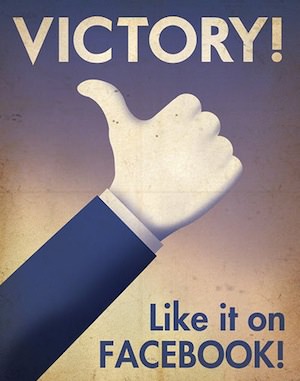
Research into 58,000 Facebook users in the U.S. shows that intimate information — including sexual orientation, drug use and political beliefs — can be accurately gleaned from a review of their “like” updates.
Michal Kosinski, one of the researchers behind the study, said certain information, such as sexuality and religious and political views, could threaten the safety of users if it fell into the wrong hands.
“Everyone carries around their Facebook ‘likes,’ their browsing history and their search history, trusting corporations that it will be used to predict their movies or music tastes,” he said. “But if you ask about governments, I am not sure people would like them to predict things like religion or sexuality, especially in less peaceful or illiberal countries.”
The findings come after Facebook announced a partnership with four of the world’s largest data brokers, companies that work to improve targeted advertising.
People with low IQs were found to “like” Harley-Davidson motorcycles, motherhood and Tyler Perry, while emotionally unstable users were said to have an interest in emo music, the band Dot Dot Curve and the “quirky” self-empowerment product line So So Happy.
— Posted by Alexander Reed Kelly.
Your support matters…The Guardian:
The researchers used computer software to predict personality traits, but said the same information could be collected by anyone with training in data analysis. They were able to draw “surprisingly accurate” findings about people by aggregating swaths of seemingly innocuous “likes”, such as TV shows and movies.
They said they were able to predict whether men were homosexual with 88% accuracy by their likes of Facebook pages such as “Human Rights Campaign” and “Wicked the Musical” – even if those users had not explicitly shared their sexuality on the site. Fewer than 5% of the homosexual participants in the study clicked obvious Likes, such as “Gay Marriage”, researchers said.
Computer software inferred with 88% accuracy whether a male Facebook user was homosexual or heterosexual – even if that person chose not to explicitly reveal that information. It had a 75% accuracy rate for predicting drug use among Facebook users, analysing only public “like” updates. The findings will reignite concerns over how much private companies and governments know about internet users through their online habits.
Independent journalism is under threat and overshadowed by heavily funded mainstream media.
You can help level the playing field. Become a member.
Your tax-deductible contribution keeps us digging beneath the headlines to give you thought-provoking, investigative reporting and analysis that unearths what's really happening- without compromise.
Give today to support our courageous, independent journalists.
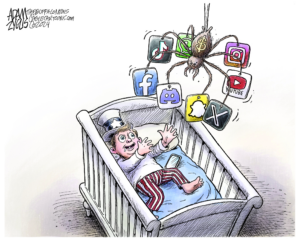


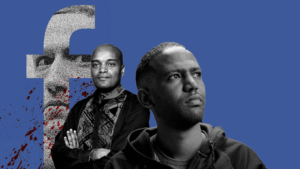
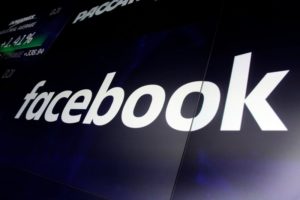
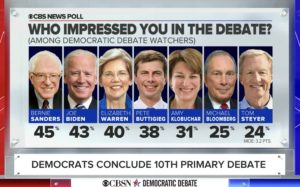
You need to be a supporter to comment.
There are currently no responses to this article.
Be the first to respond.